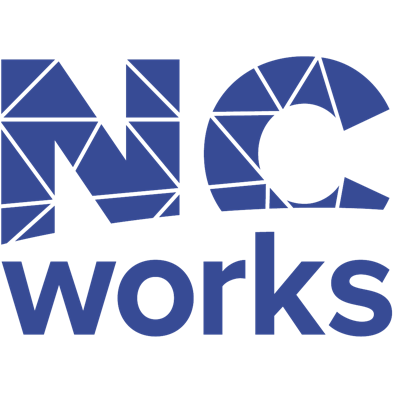Emergency Medical Services
What is EMS?
Emergency Medical Services (EMS) is a vital and integrated system of coordinated emergency care, response, and transportation provided to individuals experiencing medical emergencies, injuries, or other urgent health issues. EMS plays a critical role in the healthcare system by ensuring timely access to medical care, particularly in situations where a patient’s condition requires immediate attention and rapid transport to a hospital or medical facility. Whether responding to accidents, heart attacks, strokes, or other emergencies, EMS is an essential part of public health and emergency response systems worldwide.
EMS includes EMTs, Advanced EMTs, and Paramedics who work to serve the public and their communities. Serving in this capacity involves interacting with a diverse population and requires EMS professionals to be professional, kind, non-judgmental, and detail-oriented. Their role goes beyond delivering medical and trauma care; it also involves genuinely caring for patients while maintaining their own physical and mental wellbeing.
Graduates of these programs may be eligible to take state and/or national certification examinations. Employment opportunities include roles in emergency medical services, fire departments, rescue agencies, hospital specialty areas, medical facilities, educational institutions, and government agencies.
Accreditation Information
Cape Fear Community College is accredited by the Commission on Accreditation of Allied Health Education Programs ( www.caahep.org ) upon the recommendation of The Committee on Accreditation for the EMS Professions (CoAEMSP).
Commission on Accreditation of Allied Health Education Programs
www.caahep.org
9355 113th St N, #7709
Seminole, FL 33775
727-210-2350
CoAEMSP
214-703-8445
214-703-8992 fax
coaemsp.org
PARAMEDIC GRADUATE OUTCOMES SUMMARY
| Year | Pass Rate | Positive Placement |
Retention |
| 2023 | 88.2% | 83.3% | 72% |
| 2022 | 85.7% | 92.9% | 73.7% |
| 2021 | 100% | 100% | 53.8% |
| 2020 | 100% | 95.7% | 88.5% |
| 2019 | 90% | 90% | 76.9% |


